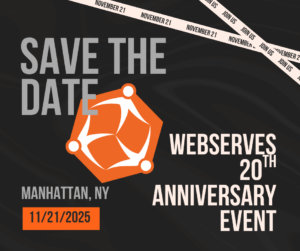This week, we’re diving into an essential aspect of cybersecurity: password security. Your passwords are like the keys to your digital world, and using strong, unique passwords is essential to protect your online accounts from unauthorized access.
Why Strong Passwords Matter
Using robust passwords drastically reduces the risk of cyberattacks. Hackers often rely on common passwords or easily guessable information to breach accounts. By implementing strong password practices, you can fortify your online defenses.
Tips for Creating and Managing Secure Passwords
Here are some practical tips to help you strengthen your password security:
- Use a Mix of Characters: Incorporate a combination of uppercase letters, lowercase letters, numbers, and special symbols to increase complexity.
- Avoid Predictable Information: Steer clear of using easily guessable details like your name, birthdate, or common phrases.
- Consider a Password Manager: Password managers are invaluable tools that can generate and store complex passwords on your behalf. This way, you only need to remember one master password. A great recommendation is KeePass 2 and it is for free.
Additional Recommendations
- Keep Your Passwords Private: Never share your passwords with anyone, including friends or family members.
- Monitor for Compromises: If you suspect any of your passwords have been compromised, change them immediately.
Fun fact about Brute-Force*:
How Long to Crack a Password in 2023. Source: Hive Systems
*A brute-force attack consists of an attacker submitting many passwords or passphrases with the hope of eventually guessing correctly. The attacker systematically checks all possible passwords and passphrases until the correct one is found.
Join the Conversation
We want this blog to be interactive and informative. Please don’t hesitate to reach out with any questions or topics you’d like us to cover in future posts. Your engagement is key to making our cybersecurity community stronger and more resilient.
What’s Next?
Stay tuned for more cybersecurity insights and practical advice in the coming weeks as WebServes continues its Cybersecurity Awareness Campaign. We’ll delve deeper into specific topics, provide actionable tips, and address common cybersecurity concerns.
Previous:
Part 1: Introduction to Cybersecurity
Part 2: Mastering Password Security




